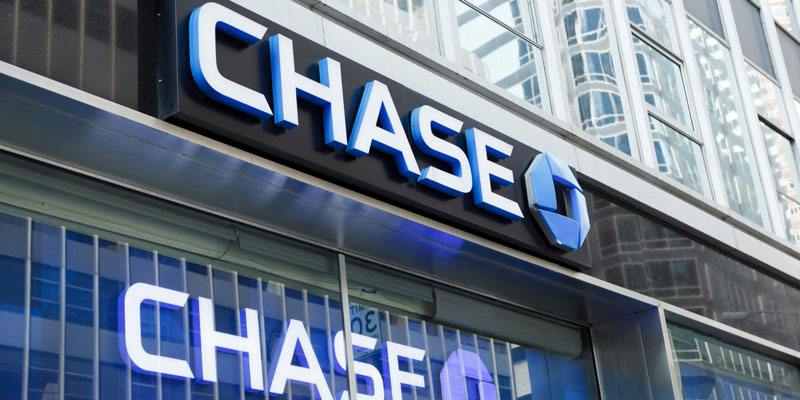Prices fluctuate from year to year, whether it's for a house, a school, or a loaf of bread. Inflation is the term used to describe when prices rise over time, and the inflation rate is this shift from year to year given as a percentage. Inflation occurs when demand for products and services increases. As the total money supply in the economy increases, there is the possibility of more demand from buyers. Sellers raise the product prices as more people buy them.
Inflation rates in the U.S. were as high as 13.5% in 1980 and -0.36% in 2009. In 2019, the inflation rate was 1.8%, predicted to increase just a little over the next few years.
Your money doesn't go as far now because of rising prices. In 1980, a $1 might have bought four candy bars, but today, a dollar only buys half of one; this is inflation. It impacts loans, interest rates, bank accounts, and other financial operations. Learn how inflation might affect your financial savings accounts and what you can do to prevent it.
Do Savings Interest Rates Go Up with Inflation?

The purchasing power of money decreases as inflation increases. It will feel like you are losing money if the inflation rate is higher than the interest rate on your savings account. Your balance may rise, but more quickly is needed to keep going with rising costs.
Suppose you deposited $1,000 in a savings account with an annual percentage yield (APY) of 0.09%, the national average in 2019. You would receive 90 cents in interest after a year. However, assuming the inflation rate is 1.5%, what $1,000 could have been purchased would now cost $1,015 a year later. Despite earning interest, inflation has effectively put you $14.10 behind.
Although the average annual percentage yield (APY) for the U.S. is 0.09%, there are still several ways to beat inflation, including certificates of deposit (CDs) and online high-yield savings accounts.
How to measure the effect of inflation on your savings account?
The government measures the inflation rate for you, and the results are publicly released. The costs of a range of consumer products and services, including travel, healthcare, and housing, are tracked by the Consumer Price Index (CPI). The index is released each month.
According to the CPI released by the Bureau of Labor Statistics, inflation reached 6% near the end of 2023. Therefore, if you kept cash on hand rather than putting it in a savings account that pays interest, you could anticipate that it would have 6% less purchasing power this time next year owing to inflation, assuming the rate remained the same. For historical reference, the long-term average inflation rate typically ranges between 2% and 4% yearly.
How does inflation affect Retirement Savings?

Your retirement account is another area where inflation could reduce your savings. After all, if money loses value over time, the amount that may comfortably sustain your lifestyle today would not have the same purchasing power.
Even if you save 15% of your earnings, as many financial gurus advise, inflation may reduce your IRA or 401(k) earnings. An inflation rate of 2% or 3%, including taxes and fees, can leave your total income much below that if your retirement savings earn 6% a year in interest (and their value is no longer certain to rise). Properly managing your investment portfolio is a tactic used to counteract the impacts of inflation on your retirement savings.
How to beat inflation with Savings?
You can accept that inflation will prevent you from losing out. You can take a few actions to try to beat inflation.
Keep your choices open: It might be prudent to postpone investing in long-term CDs if you anticipate an impending increase in interest rates. Since it is difficult to foresee the time, speed, and direction of future interest rate fluctuations, you can adopt a laddering technique to prevent locking in at low-interest rates.
Shop around: When interest rates rise, it makes sense to look around for better offers. Faster than others, some banks respond with increased interest rates. Opening an account somewhere else might be worthwhile if your bank is sluggish. You can always earn competitive savings rates through online banks. But keep in mind that for you to benefit, the difference in wages must be sizable: It takes time and effort to change banks, and there's a chance that your money will only generate interest in the interim.
Additionally, the bank offering the greatest rate is continuously changing; what matters is that you are receiving a fair rate. Changing banks will make the most sense when account balances are unusually high, or interest rates between banks are noticeably different. It isn't worth your attention if there is only a modest account balance or rate difference.
Long-term savings: Plan ahead to ensure that you have the appropriate amounts in the appropriate types of bank accounts for long-term savings. For the money that you will or could need in the short- to medium-term, such as your emergency fund, bank accounts are the ideal option. The cost of having a liquid emergency fund is a small loss of purchasing power due to inflation. For advice on what to do with longer-term investments, it is preferable to see a financial planner.
The Bottom Line
Over time, inflation has a tendency to reduce a consumer's buying power. Fortunately, there are strategies for keeping your savings' purchasing power intact. That entails investing while maintaining a moderate risk level.


